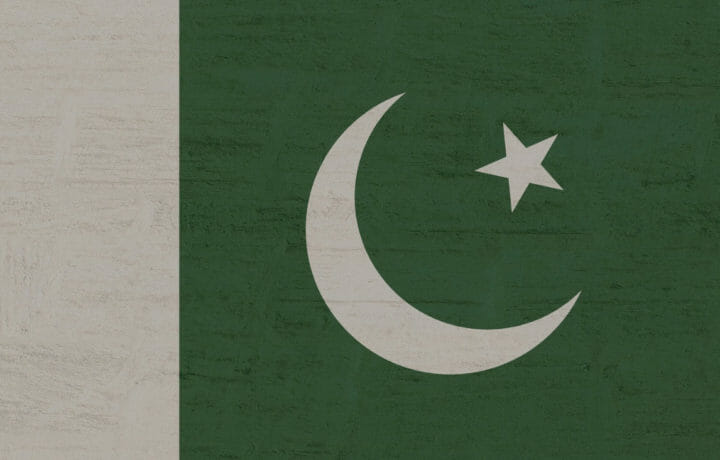The death toll at a Peshawar Pakistan Mosque has surpassed 100, as teams continue to sort through the rubble. The big question among Pakistanis and Afghans is how many more terrorist attacks will Pakistan absorb before they decide to stop their terrorism support policy. Nearly 150 worshippers from the mosque were also injured in the blast.
Monday’s attack targeted a Mosque regularly attended by police, and the majority of the dead and injured are believed to be police officers. The attack was at first claimed and then denied by the Taliban terrorist group in Pakistan. The senior leaders of the Taliban played down the earlier messages by their fighters that the bomb was retaliation for the killing of a Taliban leader in Afghanistan last year.
Investigations Underway
The Pakistani security services are continuing their investigation into the hi-profile attack in a secure location. Right now, they estimate that around 11KGs of explosive material were somehow smuggled into the mosque area over an extended time period. The Inspector General of the area said “most of the damage was not caused by the explosive material; [but] the shockwaves from the blast caused the roof to cave in, burying people under the rubble.”
Officials are also looking into other possible terrorists that might be behind the attack. The Islamic State’s Pakistan-Afghanistan branch, who conducted a March 2022 Mosque attack, is also under suspicion. The Pakistani capital of Islamabad was placed on high alert and extra security precautions were emplaced in response to this massive attack.
The Challenge of Supporting Terrorists
Critics of Pakistan’s security strategy to support the terrorist regime in Afghanistan, noted that the Khyber Pakhtunkhwa province (KP) has only gotten bloodier since the Taliban-Haqqani terror network took power in Kabul in August 2021. Some Pakistanis are coming to the conclusion that Afghans have warned about—Pakistan can no longer afford to support “good” terrorists and fight “bad” ones; they must fight all terrorists.
The Defense Minister told the press that “a large part of the KP province is in a state of war.” On Twitter, the Prime Minister, Shebaz Sharif, asked for political unity to help him stand against terrorists in Pakistan, “Through their despicable actions, terrorists want to spread fear and paranoia among the masses and reverse our hard-earned gains against terrorism and militancy. My message to all political forces is one of unity against anti-Pakistan elements. We can fight our political fights later.”
His message has so far fallen on deaf ears as the various political parties blame each other for their previous interactions with the Pakistani Taliban. In recent months the peace talks with the terrorists fell apart and attacks, especially in the KP province, began to climb again.
Pakistan Continues to Struggle
So far, the feeble attempts by the government to show that the Pakistani and Afghan Taliban are unconnected groups, and that the security services could support one and fight the other, have failed to gain ground with most civilian leaders. Pakistan, with its economy in freefall, will continue to struggle this year with rising terrorism attacks. Somehow, the current Pakistani government is still urging the world to make peace with the Taliban terrorists in Kabul in a possibly illogical belief that the terrorism at home will cease if they empower their terror puppets next door.



